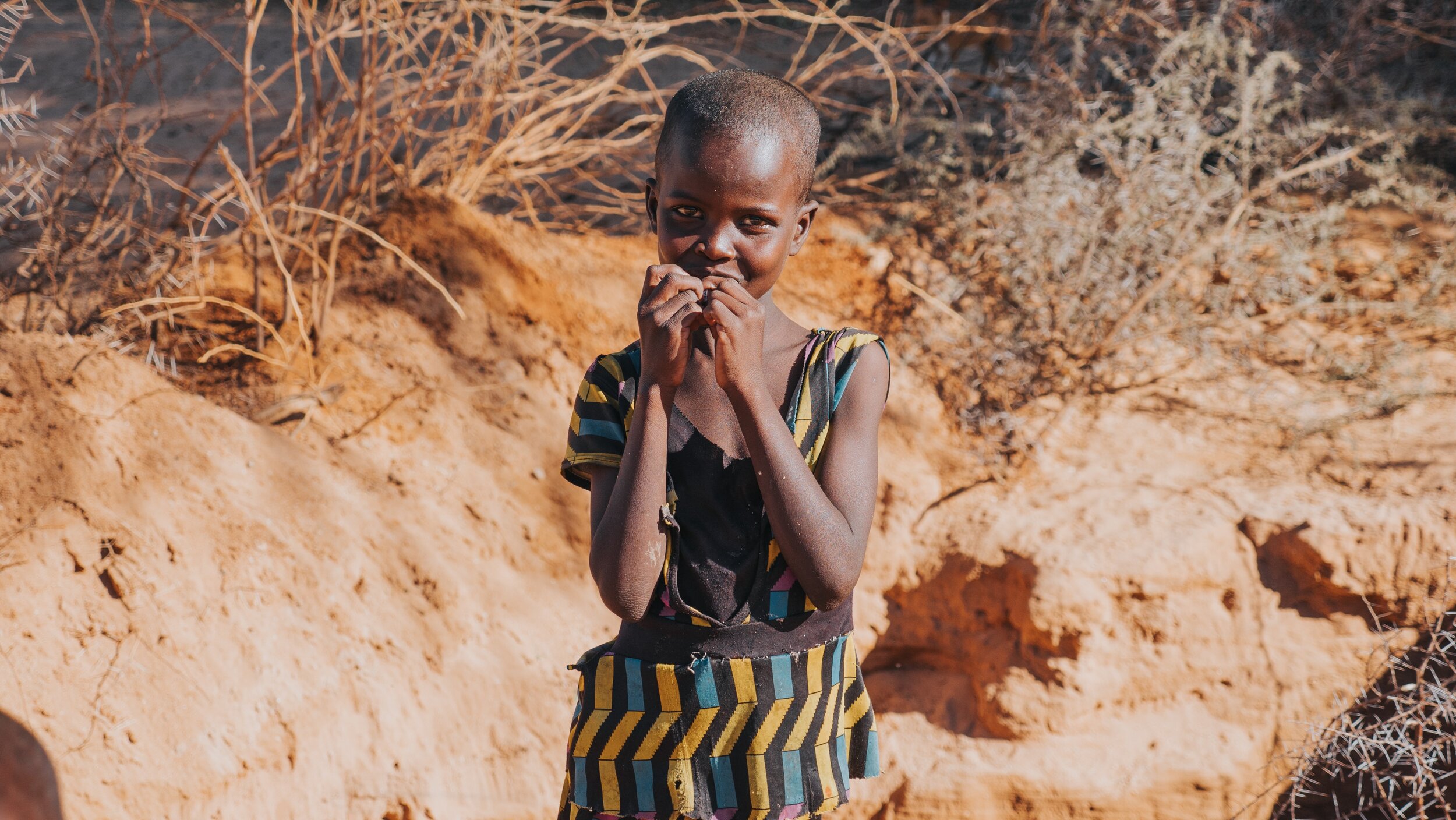How COVID-19 is Affecting Kenya
Overview in Kenya
The global COVID- 19 pandemic has brought with it lots of unexpected readjustments the world over, and Kenya has not been spared. A COVID- 19 case was first registered in Kenya in mid-March 2020. The announcement by the head of state, President Uhuru Kenyatta, created fear amongst many Kenyans, especially people living in populated areas and major cities and towns across the country. What followed almost immediately were stringent measures: airlines, schools, middle level colleges, and universities were the first casualties ordered closed within a week’s time.
Initial Lockdown
One decision that the government pondered for a few days was how best to contain the virus from spreading into the population. Imposing total lockdown in major cities in Kenya proved to be a very difficult decision for the government because the majority of Kenyan people are small and medium size entrepreneurs, with a small percentage being employed in government and private sectors. The Kenyan government later resorted to imposing a dusk-to-dawn curfew and partial lockdowns on cities and places where the disease proved to take a greater toll, like in Nairobi.
More containment measures were put in place in the weeks that followed, from workplace personnel reduction and movement restrictions, to the closure of marketplaces, all places of worship, and the suspension of most economic activities and sporting events until further notice.
Effects of Shutdown
Kenya is a country that has a GDP that largely depends on the informal sector, which is unmonitored by the government and is not taxed. Kenya gradually began registering negative economic concerns, massive loss of jobs in the airline industry, private school tutors going without salaries, hotel workers rendered jobless, small businesses dying, companies laying workers off, and massive salary cuts.
The people that bore the brunt of the effects of COVID- 19 are the middle class that were literally unable to pay rent and buy enough food for their families. Those living in rural Kenya that were not hit as hard as those living in towns, but the impact on the rural areas is still significant, especially on the old who have to stay alone for fear of being infected by younger relatives, limiting their interactions. When their relatives who live in towns lose income as a result of layoffs, pay cuts or dwindling business fortune, the old people are immediately exacerbated as they depend on weekly or monthly remittances from town.
Life in Rural Areas & Slums
Since schools have closed, the situation in informal settlements in both Nairobi and rural areas has been worse for young girls as more pregnancies are registered as a result of the long period of time out of school. The situation is also worsened for families living from hand to mouth as sole breadwinners lose daily incomes and most of them go without food. Most girls and young boys living in the slums have turned to selling masks and water and a few others attend private and illegal institutions, as gathering is banned. Many loiter in the estates and engage in irresponsible behaviors.
Non-governmental organizations operating in the slum areas are trying all they can to impart knowledge on behavior change and communication among the youth, providing girls with free sanitary pads and a few foodstuffs to take home.
Conclusion
This pandemic has affected every aspect of life in Kenya. Like the rest of the world, Kenya has experienced measures to stop the spread of the virus, including a nationwide lockdown. This has negatively affected the economy and disrupted the lives of all Kenyans. People can no longer work, and the youth can no longer go to school, worsening many situations.
What’s it like to get tested for COVID-19 in Kenya? Read Part 2 to find out! 👉🏽



